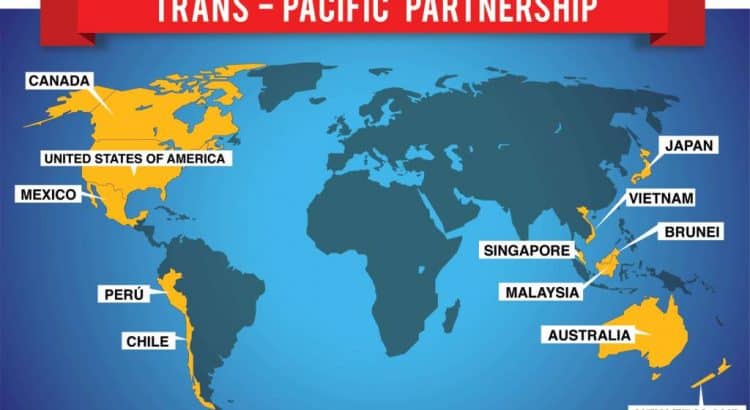CPI stands for Consumer Price Index. It is a measure of inflation that tracks the changes in the prices of a basket of goods and services that are typically purchased by households. The CPI is calculated by collecting price data for various goods and services, such as food, housing, transportation, medical care, and entertainment, and then calculating the percentage change in the average price of these items over time.
Read MoreTag: economy

What is an Ah Long? How to Spot Loan Sharks in Singapore
With the reputation that loan sharks have in Singapore, most of us wouldn’t want to encounter them in the first place. But ah longs are clever, putting on a friendly face and enticing you with attractive loan terms to get you to bite the bait.
Read More
What is TPP?
TPP means Trans-Pacific Partnership
TPP, or the Trans Pacific Partnership Agreement (TPPA), was a trade agreement between Australia, Brunei, Canada, Chile, Japan, Malaysia, Mexico, New Zealand, Peru, Singapore, the United States of America and Vietnam
The finalized proposal was signed on 4 February 2016 in Auckland, New Zealand, concluding seven years of negotiations. It currently cannot be ratified due to U.S. withdrawal from the agreement on 23 January 2017. The former Obama administration claimed that the agreement aimed to promote economic growth; support the creation and retention of jobs; enhance innovation, productivity and competitiveness; raise living standards; reduce poverty in the signatories countries; and promote transparency, good governance, and enhanced labor and environmental protections. The TPP contains measures to lower both non-tariff and tariff barriers to trade, and establish an investor-state dispute settlement (ISDS) mechanism.
The TPP began as an expansion of the Trans-Pacific Strategic Economic Partnership Agreement (TPSEP or P4) signed by Brunei, Chile, New Zealand, and Singapore in 2005. Beginning in 2008, additional countries joined the discussion for a broader agreement: Australia, Canada, Japan, Malaysia, Mexico, Peru, United States, and Vietnam, bringing the total number of countries participating in the negotiations to twelve. Current trade agreements between participating countries, such as the North American Free Trade Agreement, will be reduced to those provisions that do not conflict with the TPP or provide greater trade liberalization than the TPP. The Obama administration considered the TPP a companion agreement to the proposed Transatlantic Trade and Investment Partnership (TTIP), a broadly similar agreement between the U.S. and the European Union.
Source: Wikipedia

What is a Blind Trust?
A Blind Trust is an asset holding construction
A blind trust is a trust in which the trust beneficiaries have no knowledge of the holdings of the trust, and no right to intervene in their handling
In a blind trust, the trustees (fiduciaries, or those who have been given power of attorney) have full discretion over the assets. Blind trusts are generally used when a trust creator (sometimes called a settlor, trustor, grantor, or donor) wishes for the beneficiary to be unaware of the specific assets in the trust, such as to avoid conflict of interest between the beneficiary and the investments.
Politicians or others in sensitive positions often place their personal assets (including investment income) into blind trusts, to avoid public scrutiny and accusations of conflicts of interest when they direct government funds to the private sector.
Source: Wikipedia
